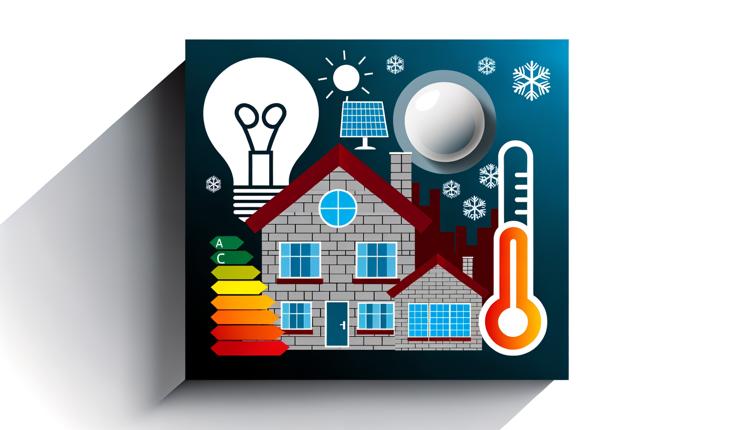What is an Energy Audit?
An energy audit is a comprehensive assessment of a property's energy use and efficiency.,The purpose of an energy audit is to identify areas of energy waste and provide recommendations for improvement.,Audits can be conducted for both residential and commercial buildings.
Benefits of Energy Audits
Energy audits help reduce energy consumption and lower utility bills.,They can identify potential safety issues, such as faulty wiring or insulation.,Audits also contribute to a more sustainable environment by reducing greenhouse gas emissions.,Energy-efficient improvements resulting from audits can increase property value and enhance comfort.
Steps in Conducting an Energy Audit
1. Gather information: Collect utility bills, occupancy schedules, and equipment specifications.,2. Assess building envelope: Inspect insulation, doors, windows, and HVAC systems.,3. Evaluate lighting and appliances: Determine energy usage patterns and identify energy-efficient alternatives.,4. Analyze energy data: Examine utility bills and analyze usage patterns.,5. Identify energy-saving measures: Pinpoint areas for improvement and calculate potential savings.,6. Develop an energy audit report: Present findings, recommendations, and estimated costs.
Choosing a Professional Energy Auditor
Ensure the auditor is certified and experienced in conducting energy audits.,Check for any affiliations with reputable organizations like the Building Performance Institute (BPI).,Request references and verify the auditor's track record.,Compare quotes from multiple auditors and consider their proposed scope of work.
Common Energy-Saving Measures
Installing programmable thermostats for better temperature control.,Improving insulation in walls, attics, and crawl spaces to reduce heat loss.,Upgrading lighting to energy-efficient LEDs.,Sealing air leaks and improving ventilation for better indoor air quality.,Replacing old appliances with energy-efficient models.,Using renewable energy sources, such as solar panels.
Conclusion
Energy audits are an essential tool for homes and businesses to optimize energy consumption, save money, and contribute to a sustainable future. By following the steps outlined in this article and implementing energy-saving measures based on audit recommendations, property owners can make a positive impact on the environment while enjoying the long-term benefits of reduced energy costs.









